Carbon Nanotubes —— Reinforced Metal Matrix Composites
----- 碳纳米管增强金属基复合材料
From the Foreword, written by legendary nano pioneer M. Meyyappan, Chief Scientist for Exploration Technology NASA Ames Research Center, Moffett Field, California, USA: " here is critical need for a book to summarize the status of the field but more importantly to lay out the principles behind the technology. This is what Professor Arvind Agarwal and his co-workers have done here." Carbon Nanotubes: Reinforced Metal Matrix Composites reflects the authors desire to share the benefits of nanotechnology with the masses by developing metal matrix carbon nanotube (MM-CNT) composites for large-scale applications. Multiwall carbon nanotubes can now be produced on a large scale and at a significantly reduced cost. The book explores potential applications and applies the author own research to highlight critical developmental issues for different MM-CNT composites nd then outline novel solutions. With this problem-solving approach, the book explores: Advantages, limitations, and the evolution of processing techniques used for MM-CNT composites Characterization techniques unique to the study of MM-CNT composites nd the limitations of these methods Existing research on different MM-CNT composites, presented in useful tables that include composition, processing method, quality of CNT dispersion, and properties The micro-mechanical strengthening that results from adding CNT The applicability of micro-mechanics models in MM-CNT composites Significance of chemical stability for carbon nanotubes in the metal matrix as a function of processing, and its impact on CNT/metal interface and mechanical properties Computational studies that have not been sufficiently covered although they are essential to research and development The critical issue of CNT dispersion in the metal matrix, as well as a unique way to quantify CNT distribution and subsequently improve control of the processing parameters for obtaining improved properties Carbon Nanotubes: Reinforced Metal Matrix Composites paints a vivid picture of scientific and application achievements in this field. Exploring the mechanisms through which CNTs are enhancing the properties of different metal-based composites, the authors provide a roadmap to help researchers develop MM-CNT composites and choose potential materials for use in emerging areas of technology.
{{comment.content}}
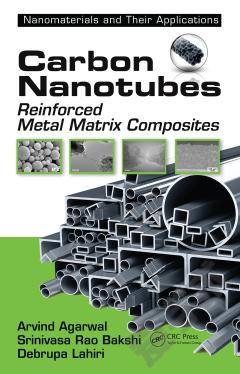
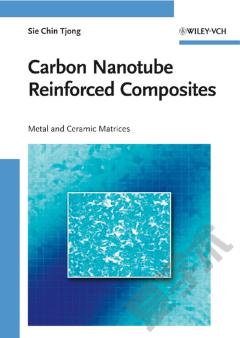
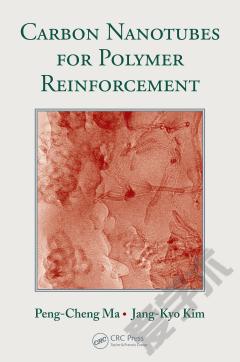
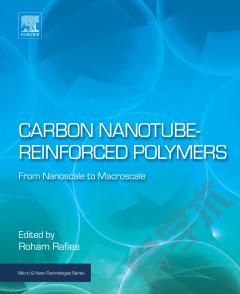

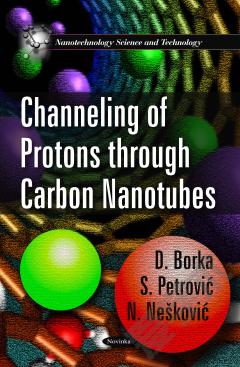
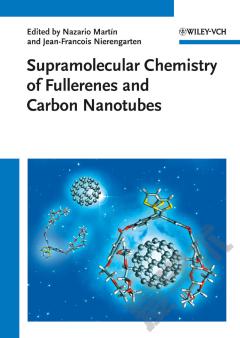

 京公网安备 11010802027623号
京公网安备 11010802027623号